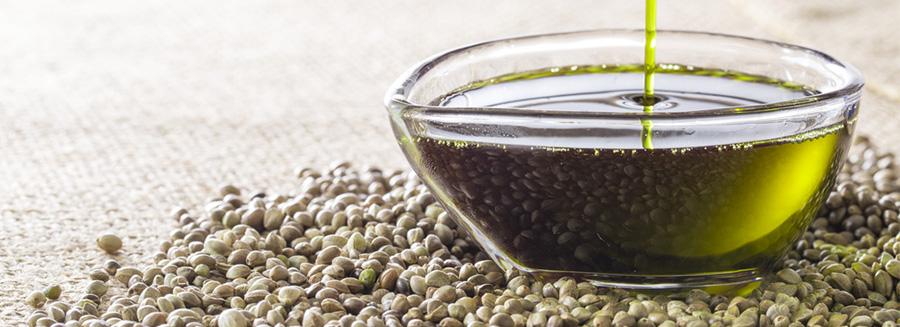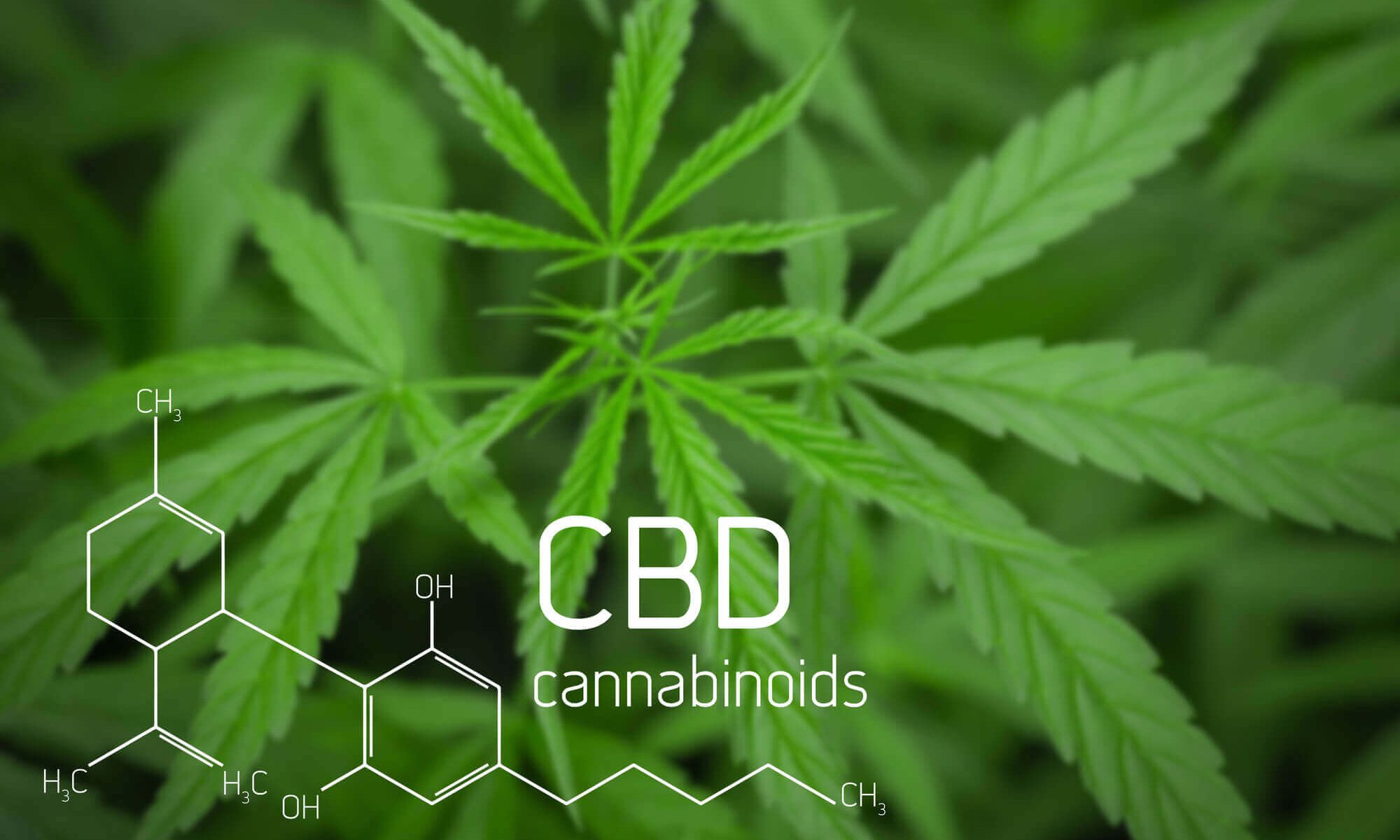”With marijuana usage rising as more U.S. states legalize the controversial but commercially available herb, a cottage industry has developed around the use of marijuana with various claims of healthy attributes on multiple medical fronts.
Officially, marijuana is deemed as Schedule I herbal substance by the U.S. Drug Enforcement Administration, meaning the drug offers “no currently accepted medical use and a high potential for abuse,” according to the federal government. That categorization was adjusted after the passage of the 2018 Farm Bill, which included a provision that separated hemp from marijuana, as noted in the Controlled Subject Act.
According to the National Institute on Drug Abuse, “marijuana refers to the dried leaves, flowers, stems, and seeds from the hemp plant, Cannabis sativa. The plant contains the mind-altering chemical delta-9-tetrahydrocannabinol (THC) and other related compounds. Extracts can also be made from the cannabis plant.”
Virtually all of the health care products derived from the cannabis plant centers around two primary components – CBD (Cannabidiol) oil and hemp oil. Each is used and sold as natural health remedies and, even as they share certain characteristics, they have some important differences, too.
What Is CBD Oil?
CBD oil is derived from the Cannabis sativa plant and is known scientifically as cannabidiol. CBD is one of 120 known chemical compounds embedded in marijuana plants and differs from hemp in that it contains Tetrahydrocannabinol (THC), which is the primary psychoactive cannabinoid found in cannabis.
What Is Hemp Oil?
Hemp oil is also derived from Cannabis sativa, which contains the chemical element trans-delta9-tetrahydrocannabinol (THC), the cannabis component that gives marijuana its psychosomatic kick. Hemp oil is extracted from the leaves, petals, and seeds from a hemp plant.
What both CBD oil and hemp oil do have in common is neither is linked to THC and therefore won’t provide that psychological “high” so often attributed to THC.
Instead, the human body manages cannabinoids through its endocannabinoid system, also known as ECS, which can process CBD and hemp oil through the body and is managed by the human brain, which uses cannabinoids to regulate the body’s physiological reactions to the herb, and help better manage key human elements like eating, sleeping, dealing with pains and illnesses, and improving mood.
Hemp
Continue Reading at The Street




















